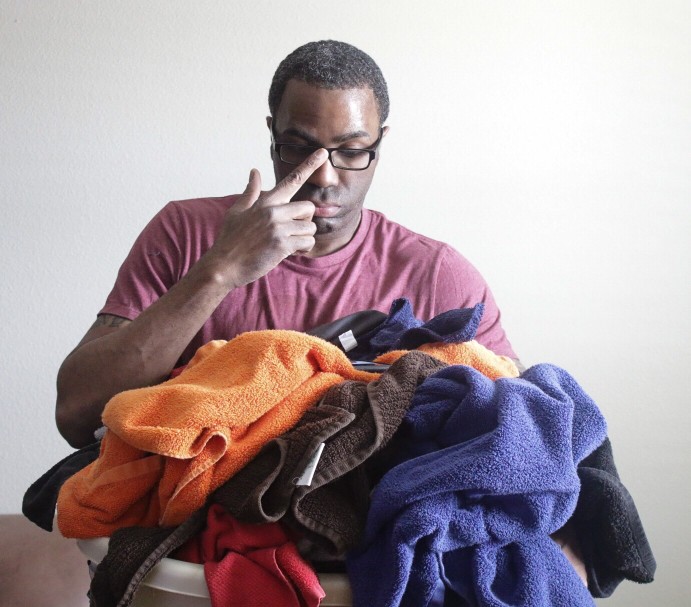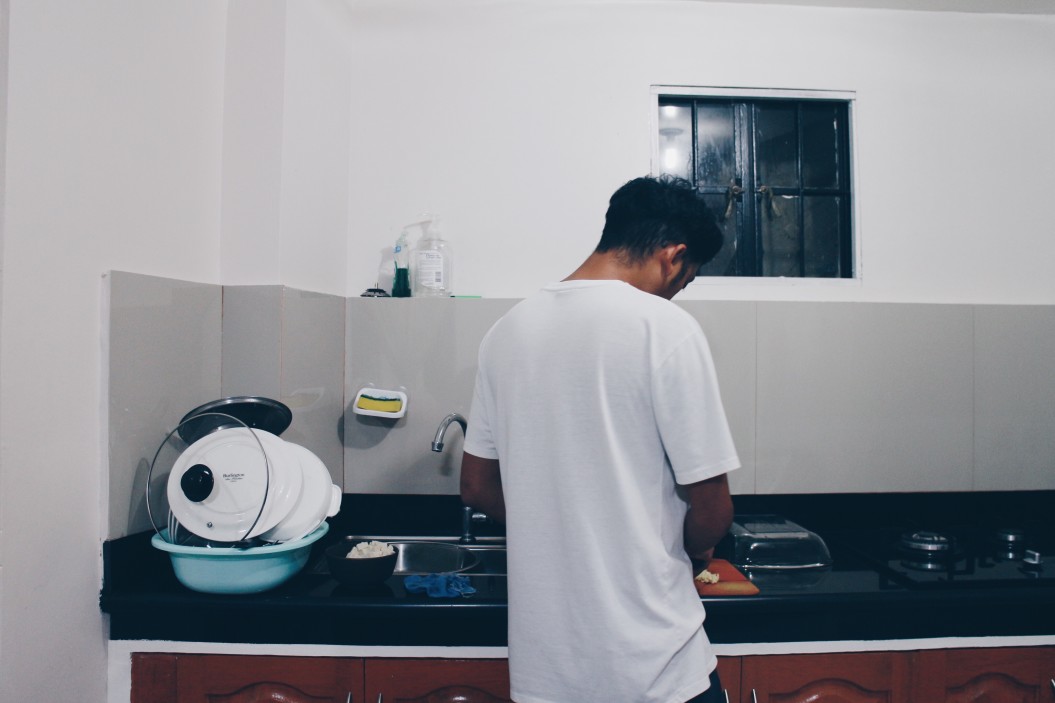
Migration often causes gender roles to change, and this impacts household economics
Household economics analyses all the economic decisions made by a household. These analyses are both at the microeconomic and macroeconomic level and looks at the structures of the household and their behaviour. This includes decision making, division of labour among the household, allocation of time to household production, marriage, divorce, fertility, investment on children, and resource allocation.
I am of the strong opinion that the economics of the family is an important subject as it helps to unite economics with other fields like sociology, anthropology, and gender dynamics. Yet it can be noted that 'economics of the household' was not a very well-studied subject. While Malthus and Adam Smith studied the family in part by looking at the relationship between family size and living wage, since the beginning of the 20th century most economists have tended to be interested in business and monetary dimensions of the economy more than in household behaviour.
The study of consumption and household production was marginalized from mainstream economics until it was taken up by Gary Becker, the founding father of the subject. The family and household became a subject of study in its own right because of Becker’s work from the 1960s onwards. As a migrant from Sub-Saharan Africa, I have seen first-hand how household economics is tied up with big economic topics like migration. In particular, I have seen how gender roles tend to change upon migration and how the change can at times impact upon spousal relationships and household economics.
According to my observations during the past ten years, for many, gender may simply be defined as the roles and expectations of being a man or a woman in society. When we refer to gender, it is not only defined by what men and women are expected to know, but also by expectations about their attitudes, how they behave, and their socio-economic circumstances. These socio-economic circumstances are an example of how gender roles tend to change upon migration. While men may have been the ‘traditional’ decision-makers regarding children and the family, the socio-economic difficulties they face because of migration often leads to a renegotiation of their roles as breadwinners, husbands, fathers, and brothers.
I recently interviewed two women that I will refer to as “Lady A” and “Lady B”, as they requested anonymity. The former told me that whilst living with her husband and children in her country of birth Zimbabwe, she was for many years a non-working mother or housewife. Since she was not working in Africa, her husband was the sole provider or breadwinner, and this is the generally acceptable norm in many African families in Sub-Saharan Africa. Lady A explained that in Africa she willingly embraced the responsibility of looking after their children as well as performing all the household chores.
However, when the decision to move to the UK was made in the year 2008, her husband encouraged her to migrate first whilst he remained working in Africa. When Lady A arrived in the UK, she worked as a carer in old-age homes until she enrolled for a nursing course. She then decided to bring her husband and children to join her in the UK. Lady A mentioned that within a short space after her husband arrived in the country, their gender roles had completely changed. He was unemployed for a long time, whilst she was working as well as doing her nursing course.
Lady A, who was once provided for by her husband in Africa, became the sole provider for the family in the UK. Consequently, there was expectation on the husband to do all the household chores most of the time since Lady A left home early in the morning and came back home tired late at night due to her multitasking roles as a worker and nursing student. As Lady A reflected, “This gender role change immensely frustrated my husband as he was used to being the provider for the family for many years. The changes sadly resulted in domestic violence in our home at times.” She added that the situation in her marriage only improved to a great extent when her husband got a job and started working.
Lady B left her country of birth South Africa in 1999 to come to the UK to work as a social worker. When her husband came to join his wife, he was also unemployed for a lengthy period during his early years in the UK. This was partly because Lady B’s husband, who had a management job in Africa, refused to take up any of the many non-management jobs that he was offered in the UK.
Lady B mentioned that since her husband was brought up in a typical patriarchal African family, whilst his wife was at work he could not stand the idea of cleaning the house, preparing meals or even putting clothes into the washing machine, as he was convinced that this was the responsibility of his wife. Lady B’s husband could also not stand the idea of being provided for by his wife with money for food shopping, his tobacco, and his alcoholic drinks. As a result of the gender role changes and how they impacted upon their household economics, the couple ended up divorcing.
An academic called Despina Sakka has noted that migrants’ task-sharing behaviour changes to a certain degree when they move because of their changing socio-cultural environments. This study also established that upon migrating, husbands and wives either take on new patterns of behaviour or maintain traditional ones. As an African migrant in the UK, I have observed these gender role changes personally. While there are also many men or couples who have adjusted very well to the changes migration and its challenges have made to their household, in my opinion such changes have in many instances had an adverse effect on the marriages and civil partnerships of African migrants in the UK.
Addressing the needs of African men who migrate to the UK and to other parts of the world is therefore a big issue. And of course, the empowerment of migrant African women is important. In recent years a lot of emphasis in African communities both at home and in the UK diaspora has been placed on the need to educate and to empower the ‘girl child’ as a way of dealing with the increasing incidences of gender-based violence. However, during the conversations that I have had at some social settings in the UK with many men and women from Sub-Saharan Africa, I have noted that one of the issues that appear to be gaining prominence is that of the need to educate the ‘boy child’ as well, so that the ‘boy child’ does not drag backwards or retard the progress of the ‘girl child’ socially and economically in many relationships, especially when gender roles change upon migration.

About the author
Selbin Kabote is a Zimbabwean-born Birmingham based journalist. Selbin has worked for many years as a media trainer in the UK. He worked with migrants and asylum seekers to arm them with the media tools that they need to speak in the media and in public life. The tools also enable them to create their own media platforms for the purpose of telling their stories.
Before coming to the UK many years ago, Selbin worked as a Sub-Editor for the Zimbabwe Broadcasting Corporation-ZBC in Zimbabwe and as a journalist producer for the external broadcaster of the South African Broadcasting Corporation - Channel Africa in Johannesburg, South Africa.
Selbin is an activist who believes in the power of highlighting positive arguments for migration as he is of the strong opinion that many migrants who come to settle in the UK have the will and capacity to make the country a great place.
This article is part of our Voices of the Economy series. The project brings together the economic experiences and opinions of people from a range of different backgrounds and showcases voices which are not heard as often when we talk about the economy. To find out more and share your own story, click here.



